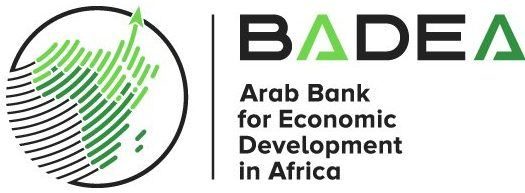
Investment in infrastructure for inclusiveness, industrialization and innovation
Infrastructure development is an economic cornerstone, a prerequisite for sustainable growth and the industrialization of a state.
BADEA is present on numerous infrastructure platforms, forums and funding commitments in support of the United Nations Sustainable Development Goals.
It commits at the early stage, as co-financer, by strengthening its public-private partnership capacities and by catalysing the financing of Arab development institutions.
The Bank selectively conducts thematic programs based on Arab-African cooperation priorities. It can also serve as a platform to facilitate investments in Arab-African infrastructure to seamlessly connect Africa and Africans to the world.
Africa 50, the Global Infrastructure Fund, and the G20 Global Infrastructure Hub are among the most important programmes underway in Africa. In the future, infrastructure must be aligned with the 4IR (Fourth Industrial Revolution).
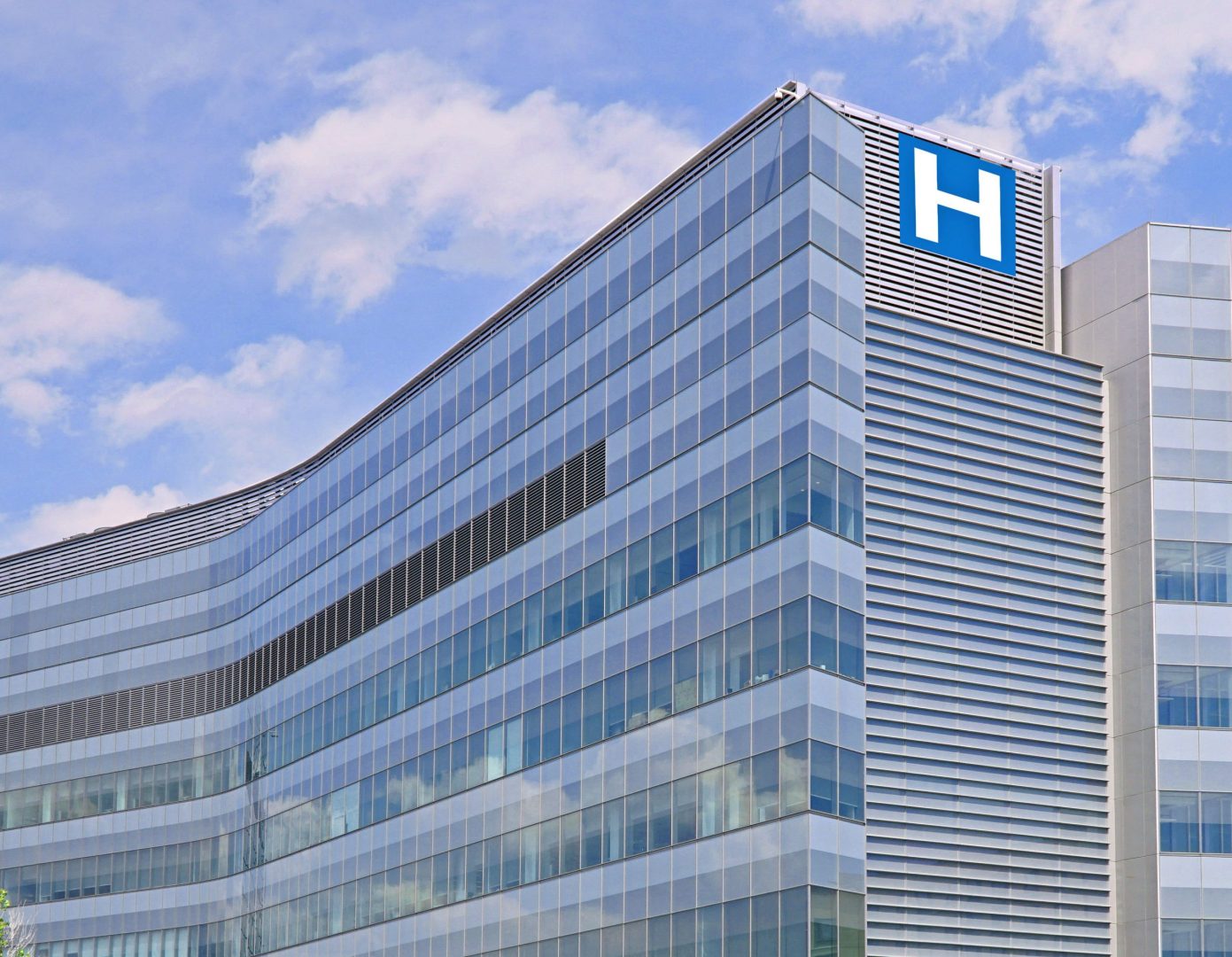
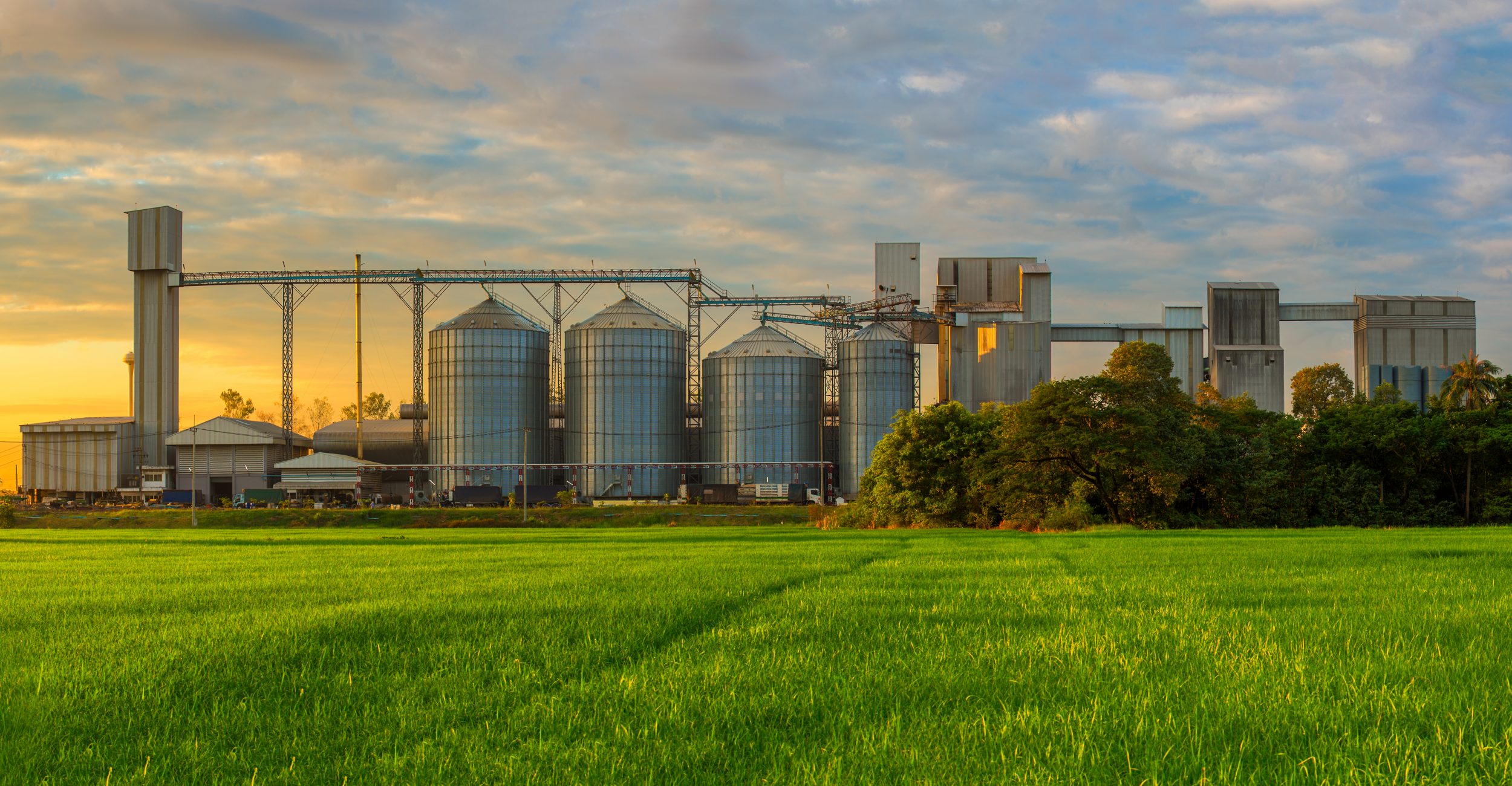
Strategic Initiative: Arab-African investment catalyst
Infrastructure investment opportunities in Africa will increase in volume and quality, to the tune of at least USD 90 billion per year.
However, opportunities are not homogeneous across the Continent and depend on local contexts and capacities. Investment must therefore be structured differently according to Africa’s widely varying economic progress.
And infrastructure investment opportunities go beyond simple financing, requiring market-making to unleash their full potential.
The proposed Arab-African Investment Catalytic Mechanism is structured not only to extend financing to mature projects but also to develop future bankable projects.
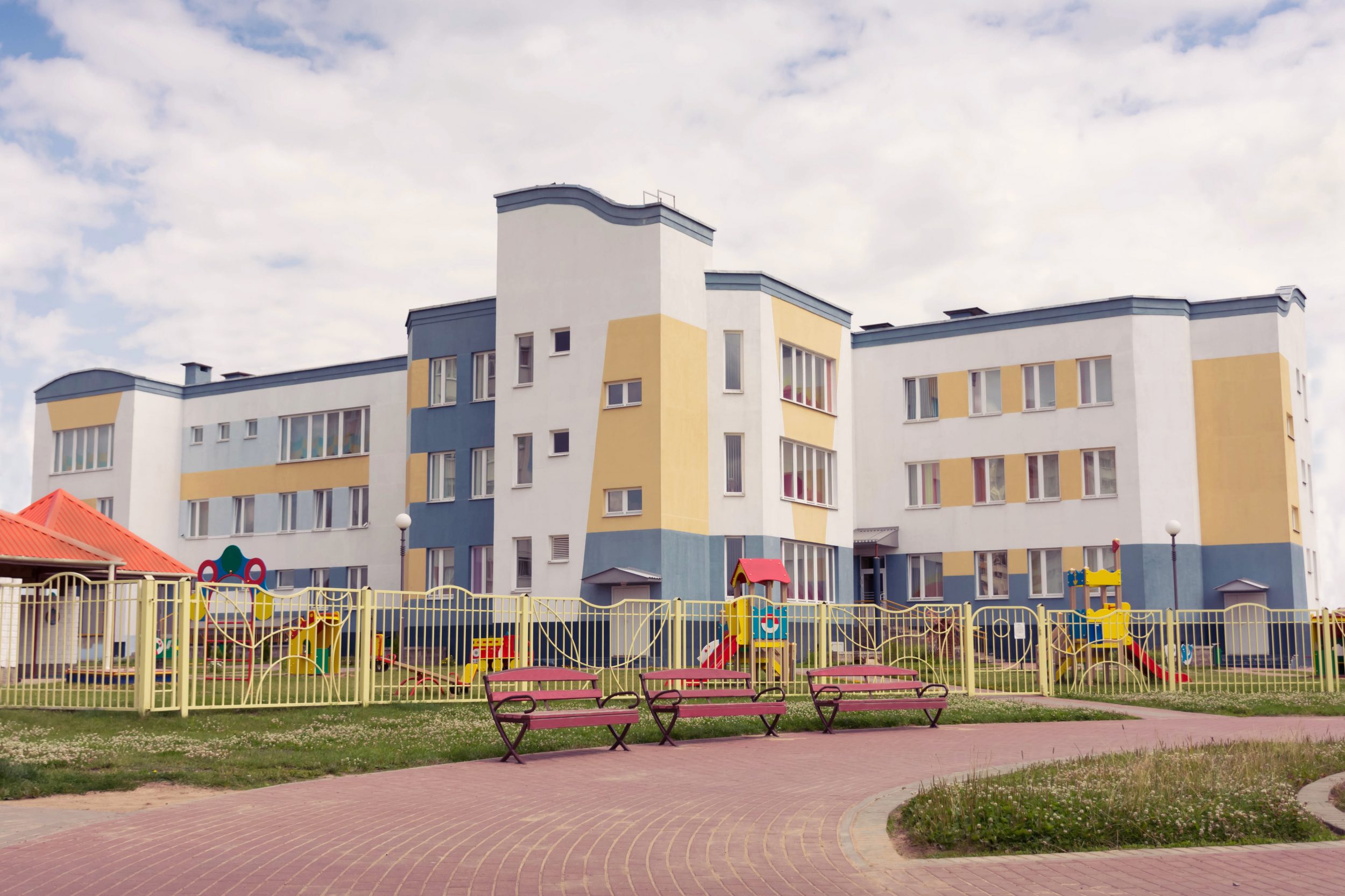
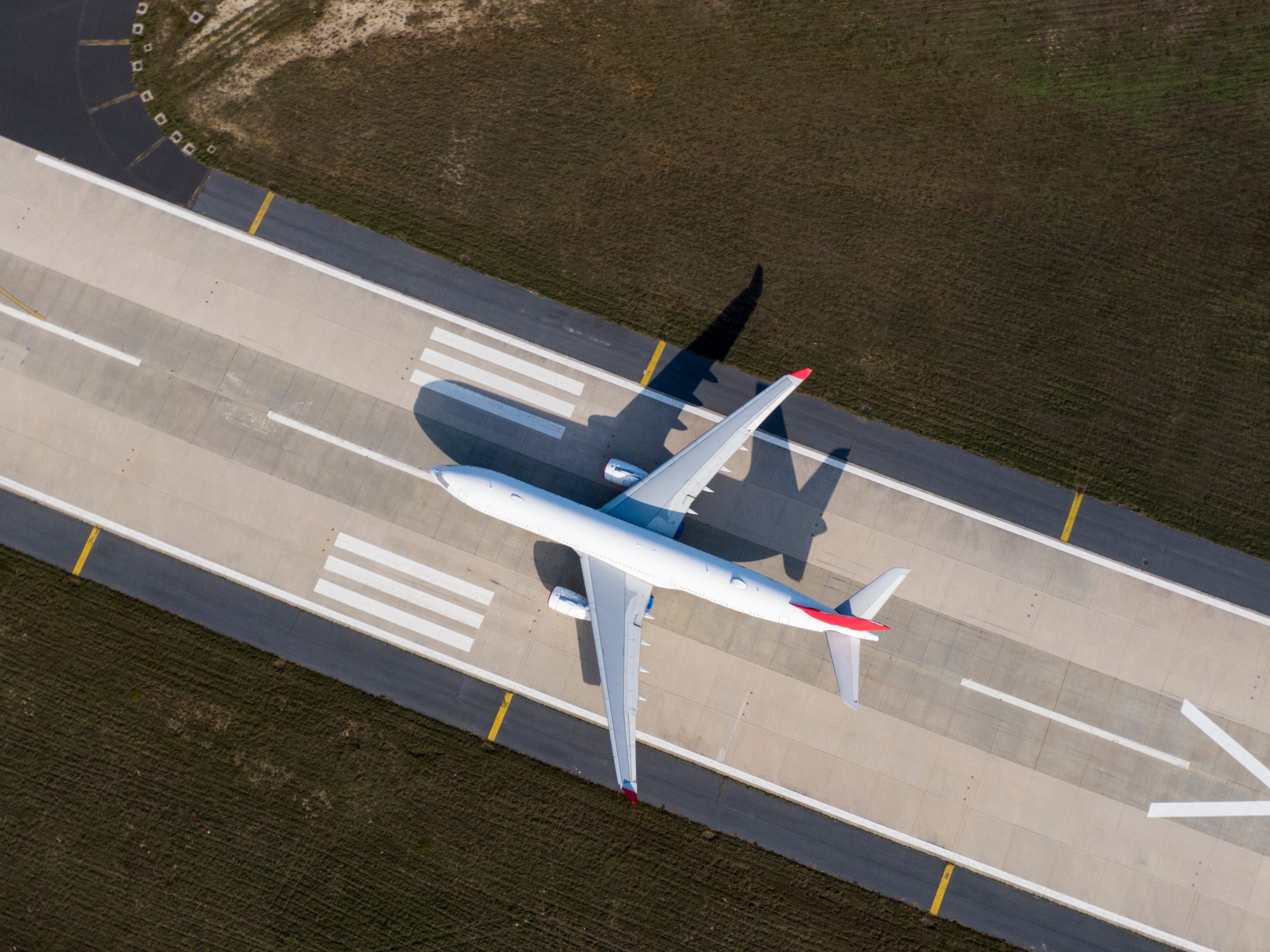
Catalyst Fund
The Catalyst Fund adopts an integrated financing approach in which BADEA advances its brand of concessional financing, reinforces its risk mitigation role, and attracts other financiers as off-balance sheet resources.
BADEA extends its support to project preparation within its financing value chain.
This allows BADEA to selectively participate and lead the financing of structuring projects and thus extend its various financing facilities.
However, as some projects expand beyond the Bank’s financing capacity, BADEA’s share of financing would decline relative to other donors, among which the private sector should take thelead.
